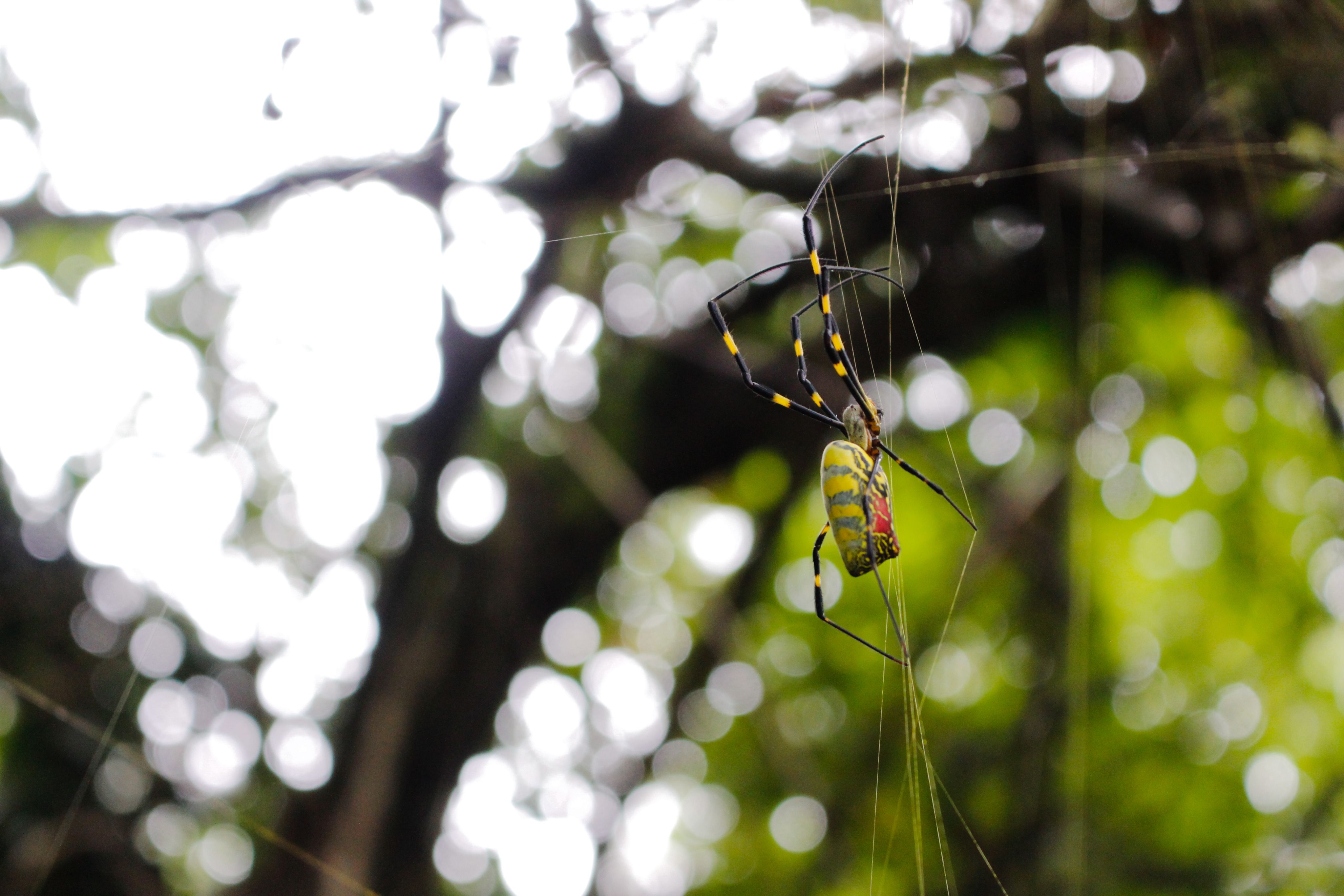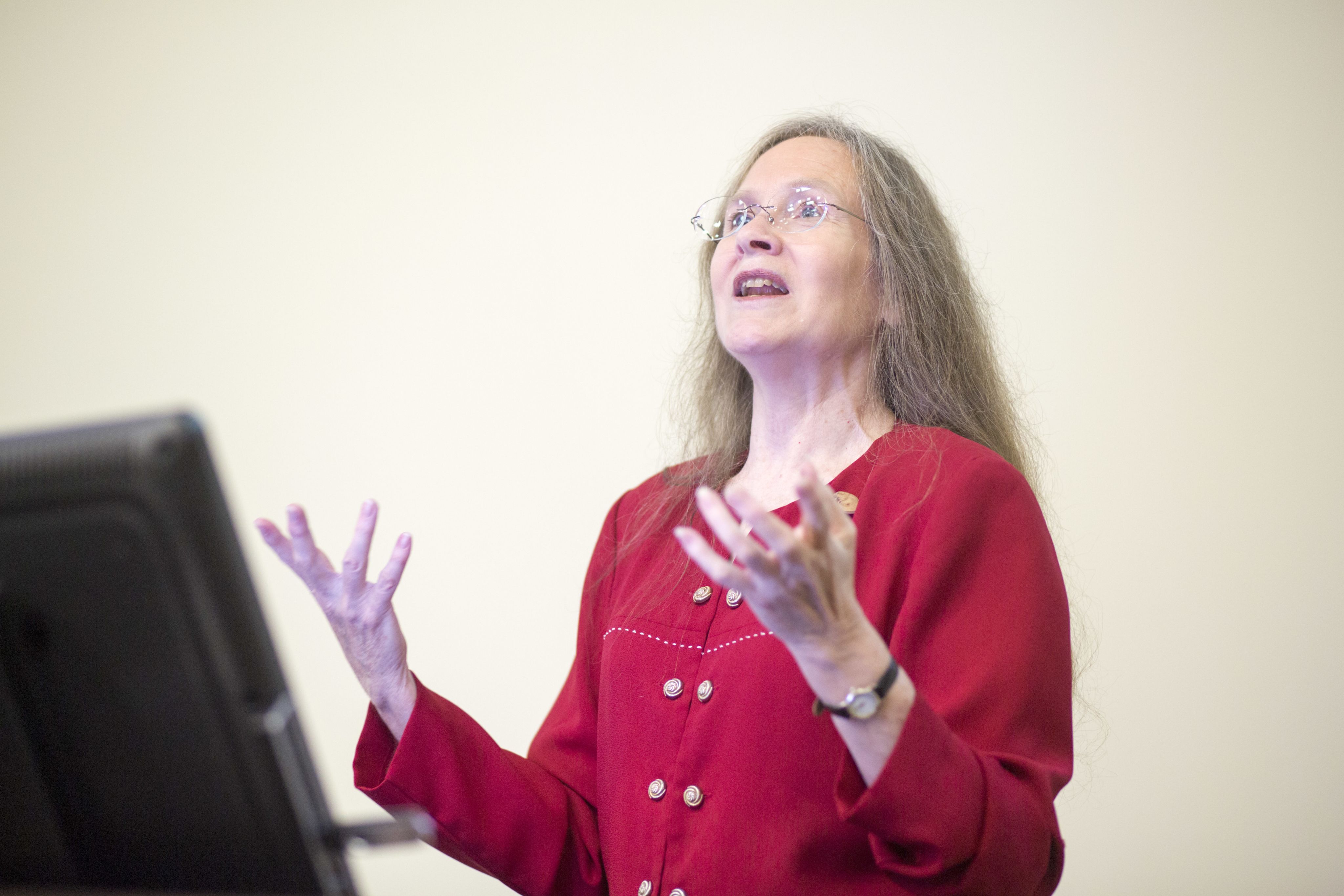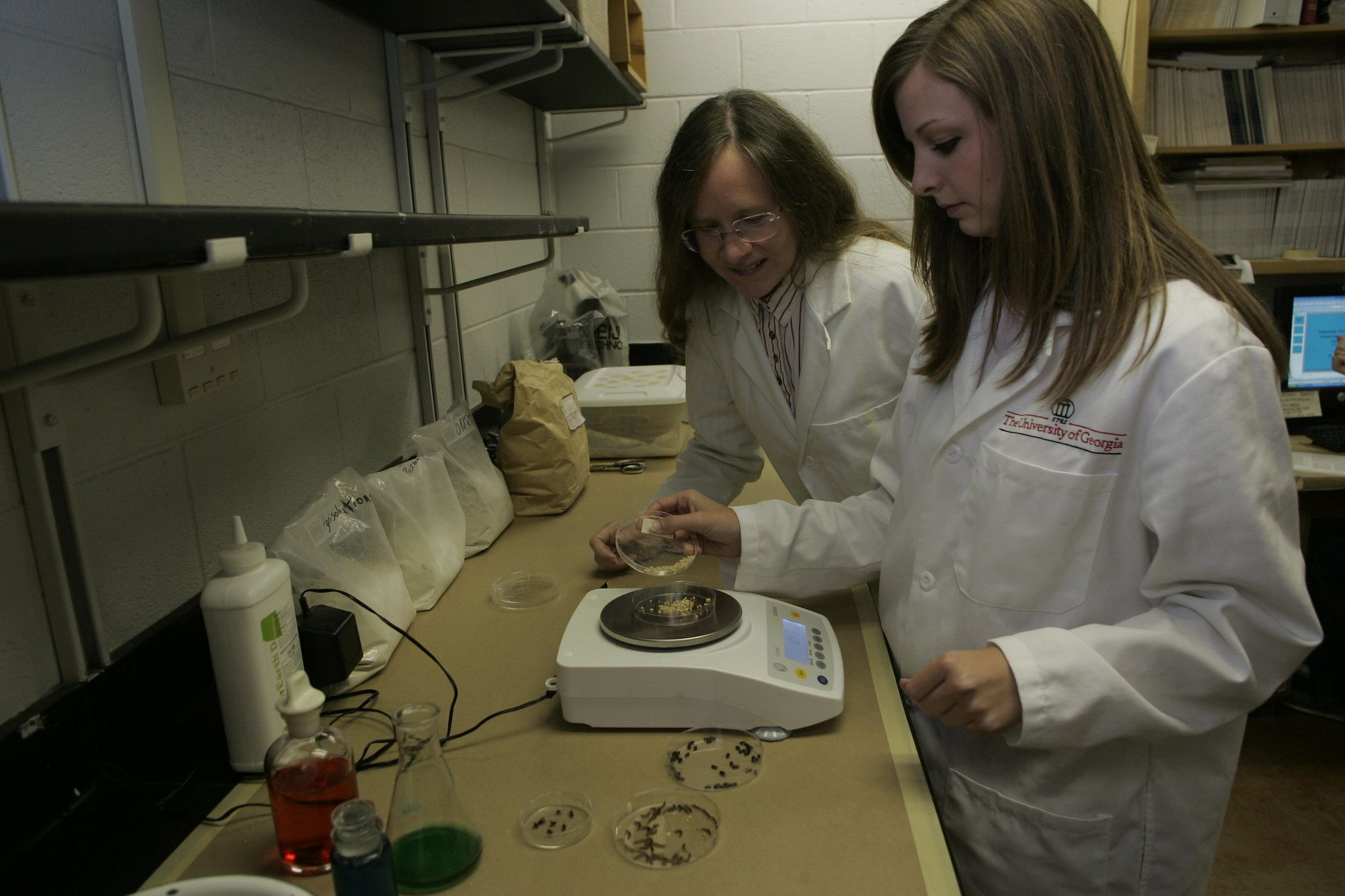

Tell us about your academic or career path. How did you get to your current position?
I grew up on a cow-calf operation in central Alabama and, after delivering calves in the middle of the night in sleet and rain, I swore I would never work with cattle again. But I found that I couldn’t get away from animal production and became a veterinary entomologist. I have now worked with livestock and poultry for over 45 years.
After receiving my bachelor’s and master’s from Auburn University, I went to the University of Florida for my doctorate, and now I’m a faculty member at the University of Georgia — on football weekends, at least one of my teams is bound to win!
After getting three degrees in the Southeastern Conference, my first faculty position was at the University of California, Riverside — the largest entomology department in the country.
After nine years there, UGA’s veterinary entomology position opened and I applied and was hired for this position in Athens.
What is your focus within the entomology department?
I am a medical-veterinary entomologist, studying arthropods (insects and their multi-legged relatives) that affect human and animal health.
My program covers things like fleas, ticks, lice, mites, flies and other creatures that suck blood and transmit disease agents. My entire career has been devoted to developing strategies to control pests and enhance human and animal health.
Why did you choose your field?
Three-quarters of all living things are insects, and insect-transmitted pathogens (such as malaria, yellow fever, dengue, typhus, plague) still kill millions of people every year.
It is fascinating how these disease agents have adapted to be carried by insects — my graduate students know that our research has significance in human and veterinary medicine.
How do research, teaching and Extension interact in your work?
Because we work on very practical and immediate problems, everything we discover has direct application to my teaching.
Much of my instructional mission involves off-campus Extension outreach, so interacting with end users provides real-time feedback on needs and concerns, which helps orient our research priorities.
For instance, one of my graduate students first demonstrated that a beetle found in chicken houses serves as a reservoir and vector for salmonella; efforts to eliminate salmonella, therefore, are intimately tied with pest management.

“My work with UGA Extension allows me to interact with real people, the folks out on the farm producing food for the rest of us,” said Professor Hinkle.
“My work with UGA Extension allows me to interact with real people, the folks out on the farm producing food for the rest of us,” said Professor Hinkle.
What is your favorite part about what you do? Proudest accomplishment?
Definitely my graduate students. Seeing a young scientist develop their ability “to inquire into the nature of things” is the purpose of UGA as a research institution, and nothing is more gratifying for a professor.
In my classrooms I get to interact with some of the brightest minds in the country; I want these young people to find their own devotion, the interest to which they can commit their careers. As a Christian, I believe that we were each created for a specific purpose and that our fulfillment and personal satisfaction come from pursuing that unique life.

Former graduate student Whitney Boozer and Professor Hinkle work in the veterinary entomology lab on UGA's Athens campus.
Former graduate student Whitney Boozer and Professor Hinkle work in the veterinary entomology lab on UGA's Athens campus.
I have been fortunate to have several outstanding young people work in my lab, and their accomplishments have been my proudest moments. My students have been successful, garnering national awards and distinguishing themselves in their fields; nothing could please me more.
What do you most enjoy doing while on campus?
Because the veterinary entomology program is field-based, we get to work on several of UGA’s finest research sites. It may make my job sound less than glamorous, but some of my favorite experiences are working with graduate students in chicken houses or cow pastures.
What do you do in your free time?
Probably one of the reasons I went into entomology is because as a child I enjoyed roaming through the woods, turning over logs and finding insects.
Now, decades later, my favorite activity remains hiking out in the field, looking for bugs.



